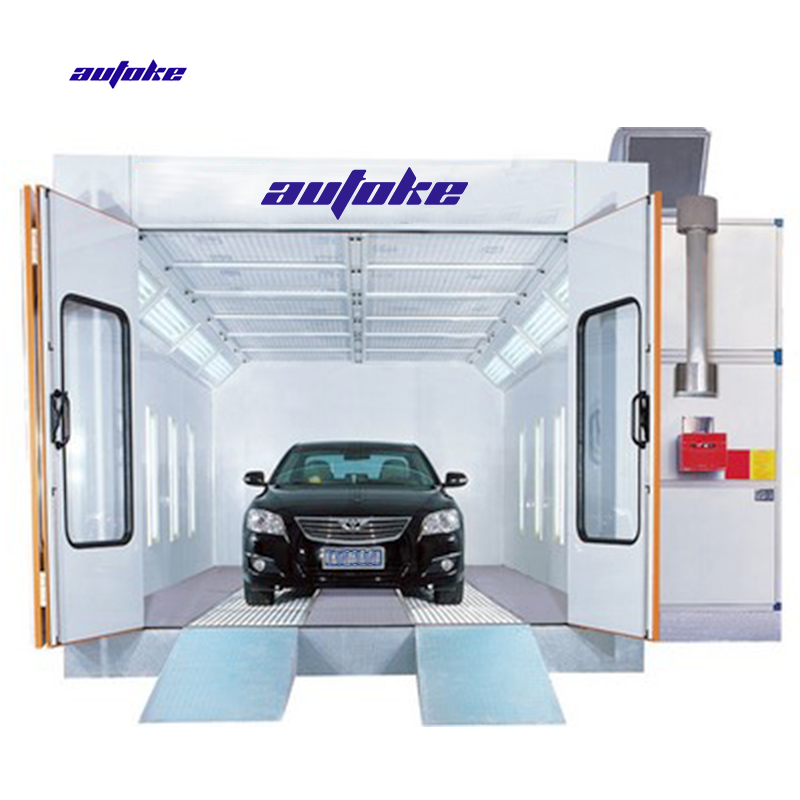In the field of industrial automation, bearing assembly lines are a model of precision and efficiency. Bearing assembly lines are crucial in the bearing manufacturing process, and bearings are an indispensable component in various machinery and equipment. In this blog post, as an assembly line supplier, CONSUMMATE will share the features of automatic bearing assembly lines for sale and introduce technological advances that promote high yield, high accuracy and high reliability in bearing production.
1. Integrated Vision Systems:
Vision systems play a pivotal role in the quality control and assembly processes. High-resolution cameras and advanced image processing algorithms are used to inspect the bearings for defects, measure dimensions, and ensure that each component is correctly aligned before assembly. This real-time feedback allows for immediate corrective actions, reducing the chances of faulty products.
2. Modular Design:
A modular design approach allows for the easy integration of new technologies and processes into the assembly line. This flexibility is crucial for manufacturers to keep up with the ever-evolving demands of the market. Modules can be added, removed, or upgraded without disrupting the entire production line, ensuring a smooth transition to new technologies.
3. Real-Time Data Acquisition and Analysis:
The assembly line is equipped with sensors that continuously collect data on the performance of the machinery and the quality of the bearings produced. This data is analyzed in real-time to identify trends, predict potential issues, and optimize the production process. Advanced analytics and artificial intelligence algorithms are often employed to enhance the decision-making capabilities of the system.
4. Energy Efficiency:
Automatic bearing assembly lines are designed with energy efficiency in mind. Energy-saving motors, LED lighting, and optimized processes reduce the overall energy consumption of the line. Additionally, regenerative systems can recover energy during deceleration phases, further reducing the environmental impact.

5. Ergonomics and Safety:
The safety of operators is paramount in any industrial setting. Automatic bearing assembly lines are designed with ergonomics and safety features that minimize the risk of accidents. This includes the use of safety barriers, emergency stop buttons, and automated safety protocols that can shut down the line in case of a detected hazard.
6. Scalability:
The scalability of an automatic bearing assembly line is a key feature for manufacturers looking to expand their production capabilities. The line can be easily scaled up or down depending on the demand for bearings. This flexibility allows manufacturers to respond quickly to market changes without incurring significant additional costs.
7. Maintenance and Serviceability:
Automatic bearing assembly lines are designed for easy maintenance and serviceability. Regular maintenance is crucial for ensuring the longevity and reliability of the machinery. The design allows for quick access to critical components, reducing downtime during maintenance periods.
8. Customization and Flexibility:
Finally, one of the most significant features of an automatic bearing assembly line is its ability to be customized to meet specific production requirements. Whether it's the integration of specialized equipment for unique bearing types or the adaptation of the line to accommodate new materials, the flexibility of the system ensures that it can evolve with the needs of the manufacturer.
Conclusion:
Automated bearing assembly lines are a testament to the power of automation in modern manufacturing, setting the standard for efficiency and precision in bearing production. As technology continues to advance, these assembly lines will only become more sophisticated, further empowering the manufacturing industry.
https://www.jscst.vip/Features-of-automatic-bearing-assembly-line.html
www.jscst.vip
CONSUMMATE
